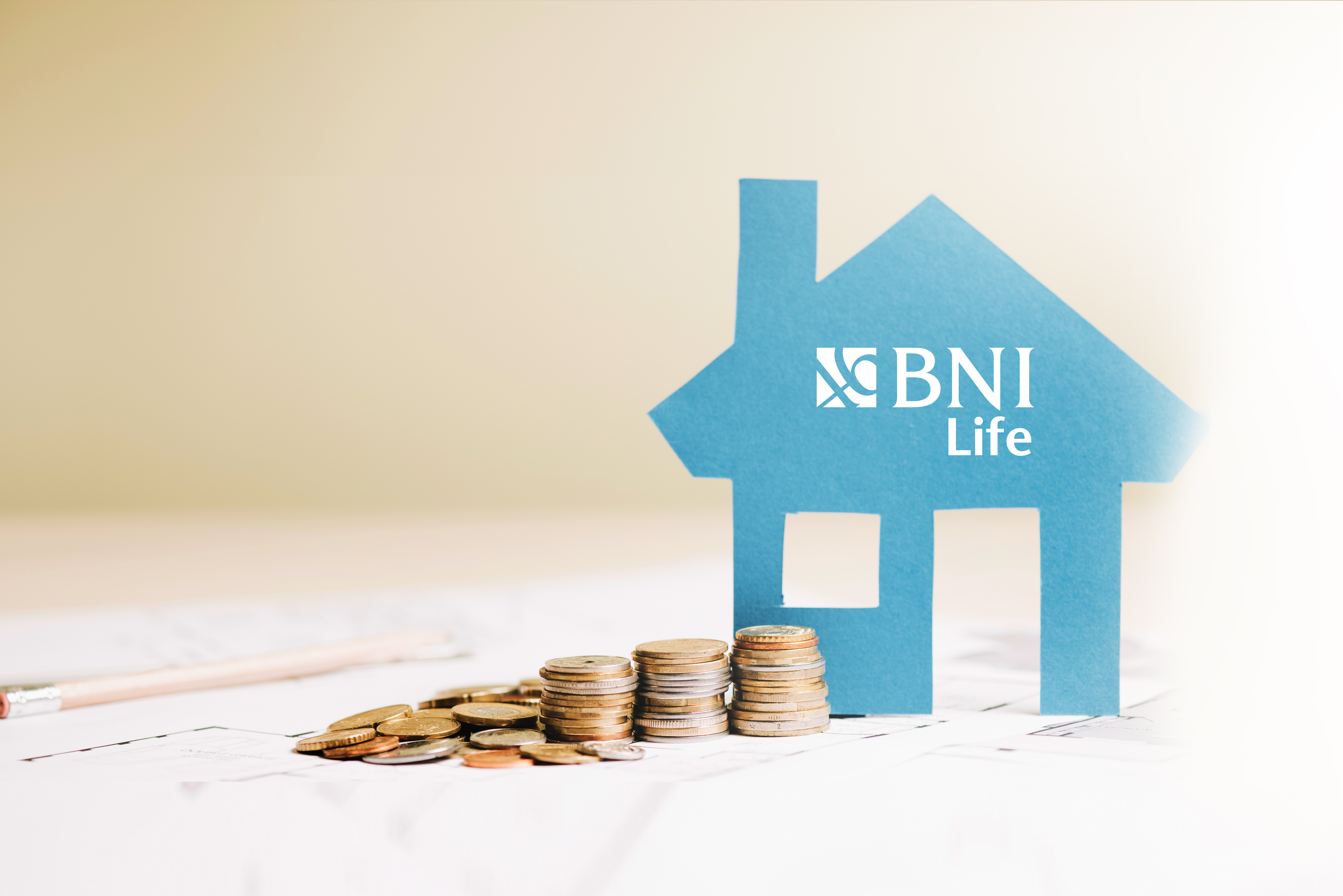
SBN or state bonds are one financial product that can be an investment option. In general, retail SBN can be purchased by retail investors with a minimum capital of Rp1 million to a maximum of Rp3 billion.
As a reminder, the benefits of SBN investment come from coupon payments that are made regularly (usually every month) by the bond issuer. At maturity, the issuer will return the capital.
SBN (as well as State Sharia Securities) are investment instruments where payment of the principal value of investments and coupons is guaranteed by law. These payment funds are provided in the State Budget.
As an investment product, there are a number of technical terms about SBN. Here are a number of these terms and their meanings:
Bond
Bonds are debt recognition letters issued by the government or corporation to obtain funds used to fund certain projects. SBN is a bond issued by the government.
Coupon
Coupons are the percentage of profits offered by bond issuers to investors. Coupons have the same function as interest in bank deposits (savings or deposits). Generally, bond coupons are higher than deposits.
Fixed Rate
Fixed rate or fixed coupon is a coupon amount scheme that has not changed since it was first published on the primary market until maturity. In general, bonds with coupons remain unaffected by changes in interest rates. An example of a fixed coupon SBN is ORI.
Floating Rate
Floating rate or a floating coupon scheme is a coupon amount that can change with changes in interest rates. An example of an SBN with a floating coupon is the Savings Bond Rate (SBR).
Capital gain
Capital gains are the potential profits obtained by investors from selling bonds in the secondary market at a price higher than the purchase price. Examples of securities that can be sold on the secondary market are ORI and Retail Sukuk (SR).
Capital Loss
Capital loss is the potential loss obtained by investors from selling bonds in the secondary market at a lower price compared to the purchase price.
Due date
Maturity is the date on which the bond issuer must return the face value or capital invested by the investor to buy the bond. On SBN, the maturity ranges for 2-3 years.
Price
Generally, bonds that can be traded on the secondary market have a price. The price of bonds consists of three prices, namely the par price (100% equivalent to the principal value), the discount price (under 100%) and the premium price (above 100%). If bonds are purchased at a premium price and then sold at a discount, the investor experiences capital loss.
Yield to Maturity
Yield to maturity is the annual level of profit that investors get from coupons and the difference in bond prices when holding a bond until maturity. YTM is expressed as a percentage.
Sukuk
Sukuk are sharia-compliant securities. Profits provided to investors are referred to as rewards. Unlike conventional bonds, sukuk issuance is based on a number of contracts.
Secondary Market
The secondary market is a market where a number of types of bonds that have been issued in the primary market are traded. Some types of SBN such as ORI and SR can be traded on the secondary market.
This article is supported by: Bigalpha.id








